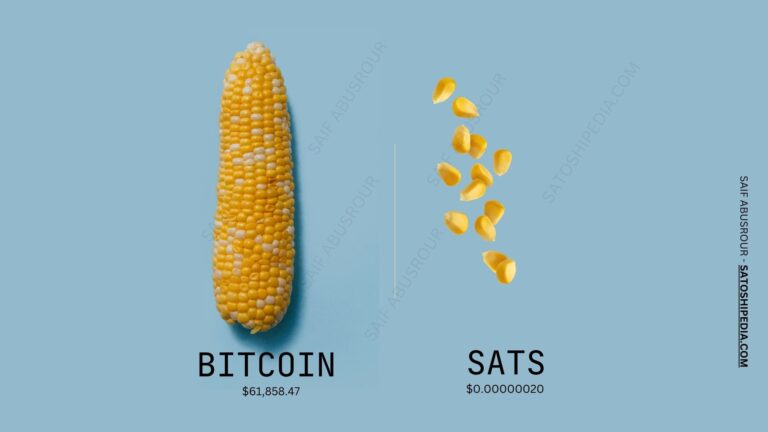Hook: A powerful push for freedom—ConsenSys challenges the regulatory fog and launches a new platform to empower personal sovereignty in Web3.
For years, the cryptocurrency and Web3 industries have been working under a cloud of fear and uncertainty, largely due to the unpredictable and often harsh regulatory environment. Joseph Lubin, the co-founder of Ethereum and founder of ConsenSys, has had enough of the “gaslighting” from regulators like the SEC, and he’s taking action. In a recent announcement, Lubin unveiled a new platform called Network State. This platform is a bold step towards personal sovereignty—a way for people to declare their autonomy in the increasingly decentralized world of Web3 and AI.
What’s Gaslighting in Crypto and Why Does It Matter?
Imagine working on something you believe in, with all your heart, and then every time you try to move forward, you’re hit with confusing, unclear, and sometimes contradictory regulations. That’s what Lubin means by “living in a gas-lit world.” Gaslighting is when someone manipulates you into doubting your own reality, and in the case of crypto companies, it refers to being stuck in a world where the rules are vague and often feel like they are purposely hindering progress.
Lubin argues that regulatory uncertainty has been one of the biggest barriers to growth in the crypto space, with entities like the SEC making it difficult for companies to move freely. His frustration is clear: the regulations often feel like they’re designed to slow down or even destroy innovation in the crypto world.
The Vision Behind Network State
Lubin’s new platform, Network State (accessed through sovs.xyz), is designed to push back against these constraints. It’s built on a zero-knowledge Ethereum Virtual Machine (zkEVM), which is a more secure and private way of conducting transactions on Ethereum. This platform aims to allow users to attest to different types of sovereignty that matter to them, meaning they can declare their own independence in ways that suit their values—whether that’s financial sovereignty, identity, or other forms of self-determination.
Lubin’s goal with Network State is to create a stronger, more sustainable, and equitable community by empowering people to govern themselves. He believes that self-sovereignty—the idea of controlling your own life and decisions—will be increasingly crucial in a world where everything from finances to entertainment is mediated by decentralized networks.
Why This Is So Important
This platform is a game-changer for anyone interested in the future of Web3 and decentralized systems. It’s about creating a world where individuals have the power to define their own rules, without interference from traditional, centralized systems that often feel outdated or overbearing. As more of our lives move onchain, meaning our identities, finances, and communications are managed through blockchain and decentralized protocols, platforms like Network State could be the foundation of the future.
Lubin’s announcement also builds on Vitalik Buterin’s idea of “network states,” where online communities form physical communities with political autonomy. It’s an exciting concept that blends the digital and physical worlds in a way that hasn’t been seen before.
Key Words to Remember:
- Gaslighting: The manipulation of perception, especially in the regulatory landscape of crypto.
- Network State: A platform designed to empower people to claim personal sovereignty in Web3.
- Sovereignty: The idea of being self-governing, especially in terms of finance, identity, and freedom.
- zkEVM: A privacy-focused Ethereum Virtual Machine that uses zero-knowledge proofs.
- Onchain: Moving aspects of life like finances, identities, and entertainment onto the blockchain.
Why This Changes Everything
In essence, Lubin and ConsenSys are not just creating a new platform—they are challenging the old systems of control. Personal sovereignty is becoming a reality, and decentralization is the key to unlocking a new form of freedom and empowerment. As the crypto space continues to grow, understanding and participating in these new decentralized models will give you an edge in navigating the future economy. If you’re passionate about tech, cryptocurrency, or even just the idea of freedom, this is a critical development to follow.
This is the future of self-governance in a digital age—and it’s only the beginning.



